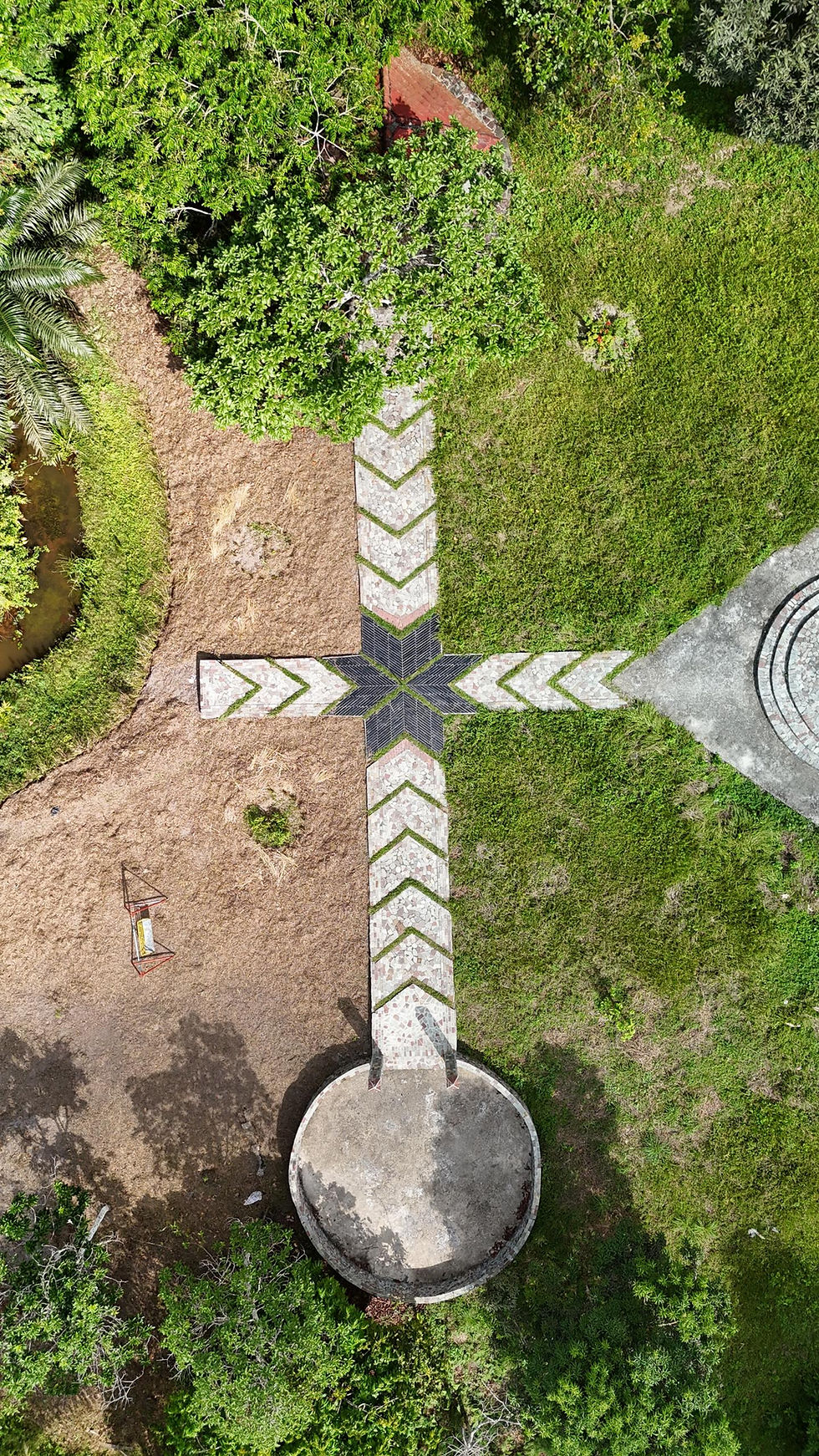The Congo River, Bob Marley’s Legacy, and the Sacred Roots of Remembrance
- Matatchebo

- Jul 14, 2025
- 2 min read
Updated: Sep 15, 2025
Bob Marley’s story doesn’t end in Jamaica. Five years after his death, a powerful act of remembrance took place on the banks of the Congo River, one that echoed generations of struggle, spirit, and return.

A Spiritual Will Fulfilled
In 1986, Rita Marley and her sons traveled to the Republic of Congo to honor Bob Marley’s final wish: that his dreadlocks be cast into the waters of the Congo River. This wasn't just symbolic—it was spiritual. A return to the source. A posthumous pilgrimage back to the ancestral land he revered in life and song.
Congo, Redemption, and Rastafari
From Natty Dread to Redemption Song, Marley’s lyrics often echoed the call of Africa—and specifically the Congo. He saw the region as sacred ground, a resting place for the ancestors, and a spiritual anchor for descendants of the enslaved.
“Hoya natty Congo; a dreadlocks Congo.”
“Congoman, don’t give up.”
These were more than lyrics: they were affirmations of identity, dignity, and return.
The Village of the Ancestors
Local tradition calls the river “Massa Kongo,” the realm of spirits and ancestors. In casting his locks there, Marley not only honored his roots but reaffirmed the spiritual power of the Congo. It was a revolutionary act of reconnection.
Shashemane and the Diaspora’s Spiritual Homeland
Bob Marley’s deep bond with Africa didn’t end in Congo. He also visited Shashemane, Ethiopia, a Rastafarian homeland where members of the African diaspora resettled on land gifted by Haile Selassie. While small in number today, the community remains a symbol of Pan-African hope, faith, and return.
Why This Matters to Matatchébo
At its core, the Matatchébo mission is about remembrance, healing, and reconnection. Just as Marley’s dreadlocks were returned to ancestral waters, we replant mango trees along the slave routes, restoring what was uprooted and creating living memorials that speak across time and borders.
“Emancipate yourselves from mental slavery. None but ourselves can free our minds.”—Bob Marley, Redemption Song



Comments